Alright – so today we’ve got the honor of introducing you to Adam Beechen. We think you’ll enjoy our conversation, we’ve shared it below.
Alright, Adam thanks for taking the time to share your stories and insights with us today. So, naming is such a challenge. How did you come up with the name of your brand?
My last name is Beechen. Pretty straightforward, right? Well, during college I interned in the sports department of the local NBC affiliate and became friendly with the producers, editors and on-air talent. It became a running gag that when I arrived for work, one of the Associate Producers would greet me by bellowing, “Sonnova Beechen!” (Say it out loud and you’ll get it, if you don’t already)
Since then, I’ve gone on to joke that if I ever adopt a puppy, I’ll name it “Miami.” Or “Redondo.” Or “Waikiki.” The possibilities are almost endless.
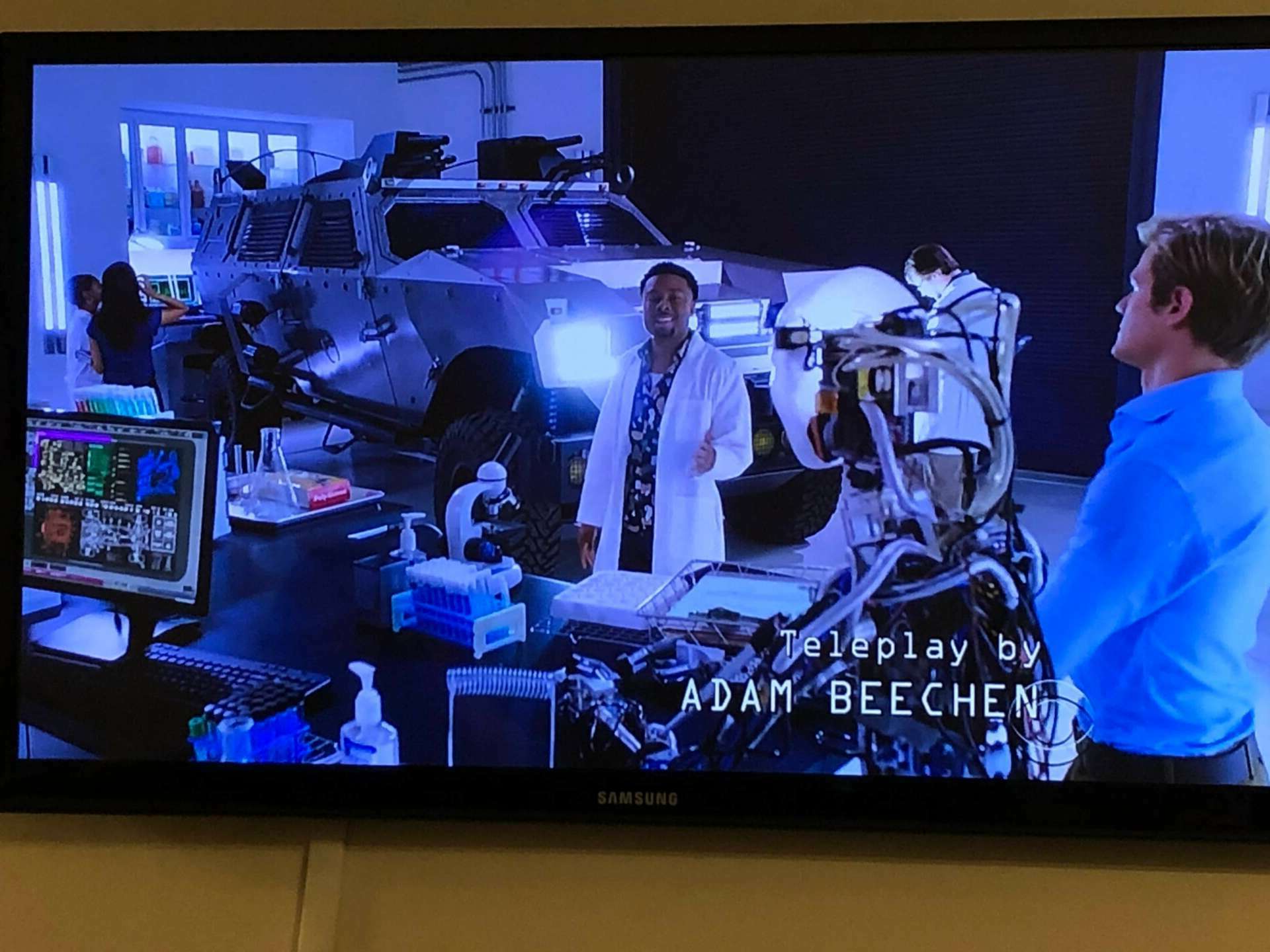
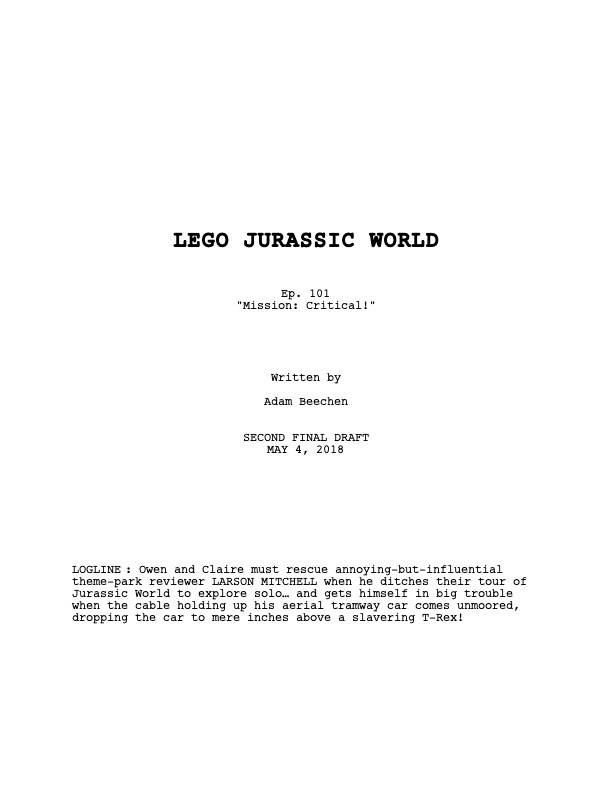
Adam, before we move on to more of these sorts of questions, can you take some time to bring our readers up to speed on you and what you do?
I attended graduate school to learn to be a screenwriter, and at the same time I was one of the first volunteers at a local festival devoted to the craft. As part of my work there, I met many screenwriters and producers, so I felt fairly comfortable that when I would move to Los Angeles, I’d at least have people to call.
My goal was to write prime time drama for television, and before long I got a big break – and I almost blew it. Through grad school alumni connections, I was introduced to married high-level producers for a prime time drama. They took a liking to me, I guess, because they asked me to fill the show’s vacant Script Coordinator position… and I turned them down. You’re always supposed to say “yes” in this business, then figure out later what you don’t know. But the show was in mid-season, there would be no time to learn the job… and I wasn’t remotely qualified. I didn’t know the day-to-day of how shows work, the chain of command, or even the computer program used to write the show’s scripts. So I reluctantly declined!
Well, evidently the producers were impressed with my honesty, because when a Writers’ Assistant position came open, they called me. The responsibilities of the job were much less complex, and allowed me to observe and learn, so I jumped at the chance. During my time there, I was able to show the producers samples of my writing work, and when the writers who initially hired me left to develop another show, the head writers of the series I was working for invited me to take their place in the writers’ room as a Staff Writer.
It’s an unusual story, but like I say, in the entertainment industry, no two stories of “breaking in” are alike.
In any event, the show was almost immediately canceled before I had a chance to write a single episode (I did write one scene), so I didn’t have the credits to help me land another job in prime time. Fortunately, at that time kids’ animation studios were more willing to take a chance on new talent, and after several meetings I was assigned a script for a then new animated series for Nickelodeon called The Wild Thornberrys. That worked out well, so I was put on staff for the show… and a career as an animation writer was born!
Since then, I’ve become a producer myself, writing hundreds more produced scripts, developing series for television, leading a staff of writers through multiple seasons and chiming in on various stages of the production process. Outside of television, I’ve also been lucky enough to write comic books for DC – the job I wanted when I was six and never really stopped wanting. I’ve written my own original graphic novel, Hench (about supervillain henchmen and how they find their jobs), which has been optioned for both film and television in the past and is currently available for option. I’ve written short plays that have been produced in Los Angeles and New York (way, way, way, WAY off Broadway). I’ve also written numerous kids’ books, many of them tie-ins to series on which I’ve worked. And I finally had the chance to write a prime time drama, scripting an episode of the recent MacGyver reboot.!
I’ve learned, I’ve put what I’ve learned into practice, I’ve worked hard to improve, and I’ve been very fortunate. Those are the elements someone needs to make a living as a screenwriter. Of those, I can’t control fortune, but I’m a big believer that “luck is where preparation meets opportunity,” as the saying goes. If you work hard – not just at writing, but at networking, opportunities will present themselves. And you have to be ready.
I think the value I bring to a client is in my versatility when it comes to writing for different audiences. I’ve written for pre-school, I’ve written for middle school, I’ve written for teens and I’ve written for adults. I’ve written comedy and I’ve written drama. I’ve been nominated for an Emmy for my animation work, and appeared on the New York Times Bestseller List with my graphic novel.
I like to think of myself as a “plug and play storyteller.” What you need, I can do. I help stories get out into the world where audiences can enjoy them. And that’s a skill that translates outside the entertainment industry, helping a client market and promote themselves, writing commercials or press releases, even editing materials written by others, it’s all part of telling a story. That’s what I do and I love to do it.
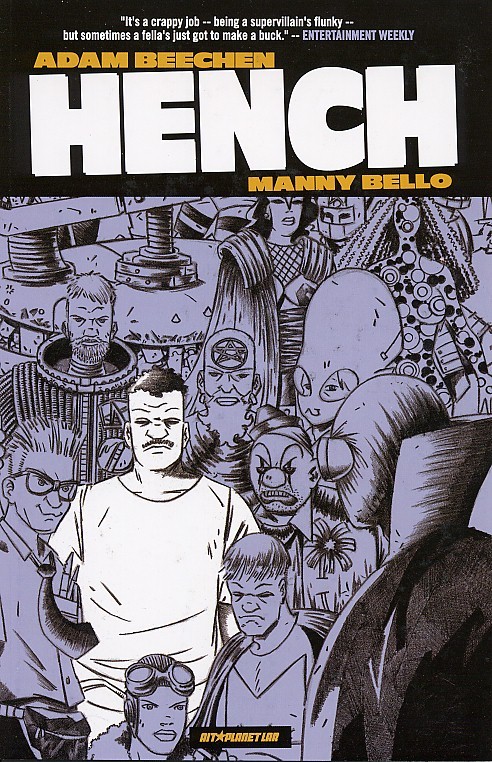
Any stories or insights that might help us understand how you’ve built such a strong reputation?
Consistency, reliability and amicability.
Every script I write is an audition for my next script. Every show I produce is an audition for my next position. As a freelancer, I always need to be thinking about my next job. When I look at it that way, I’m incentivized to never take an assignment off. Never.
I don’t miss deadlines. My job, when you think about it – and I think this applies to a lot of industries – is to make the lives of the people above me on the food chain easier. If I’m a freelancer, I want the story editor to have do as little as possible to get the script in shape. If I’m a producer, I need to satisfy the studio paying for the show – so they’ll hire me again and so they don’t feel they need to micromanage the production. I can control whether or not I meet a deadline, and I want to be able to control as many aspects of my career as I can.
Early in my career, when I was a new-ish writer on a show and my contract had not be renewed for another season, I went to the show’s story editor and asked if I was difficult to work with. She said “Yes, sometimes.” I was floored and asked why she felt that way. She listed some instances and she was 100% correct. I thought I knew more than I did, I resented notes, and I made my complaints loud enough to hear. As a result, I became known for having an attitude and no one on the show particularly wanted to work with me. Once you learn that as a writer, you turn your attitude around really quickly. As a producer, almost as much as I want a writer working for me to turn in a brilliant script, and almost as much as I want them to hit deadlines so I can keep my schedule moving… I just want a writer to be easy to work with. As a writer, I want to be as low maintenance as possible while delivering everything I’m supposed to at a high level. That’s another aspect of my career that I can control. I don’t want to give anyone a reason to say “no” to hiring me if I can help it.
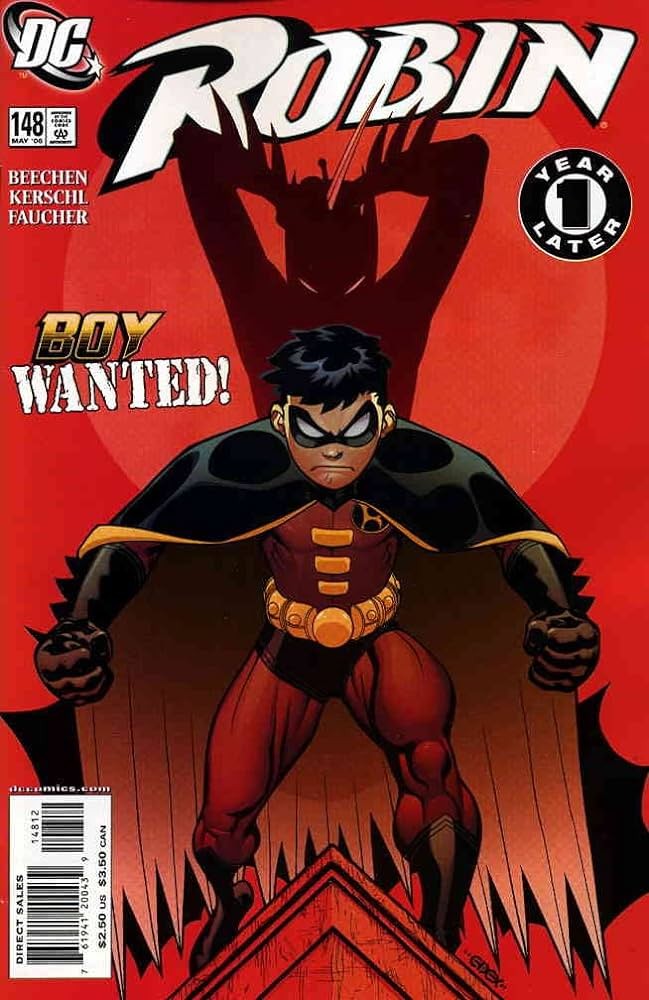
How about pivoting – can you share the story of a time you’ve had to pivot?
I think I may be at a pivot point now, so I don’t yet have a firm answer for this. But in the last five years, my industry, kids’ animation, has changed a great deal, as have so many others. Streaming services have changed the game, to what extent we still don’t know. Studios are still figuring that out, and so they’ve cut back their spending and production slates. They’re not buying original material very often at the moment, preferring existing intellectual property that already has a built-in following. And some studios have changed what they’re looking for in a writer and in a staff, and I may not fit those priorities. All of those factors are beyond my control.
My goal is and always will be to be a working writer in television. I have a passion for it, I’m good at it, and I can be an asset to any show with my skill and experience. But right now, I’m forced to consider other avenues, other ways to use those skills to make my living. Do I teach? Do I create a Kickstarter in hopes of raising enough money to put out another graphic novel? Do I transition to corporate work, public relations, advertising, marketing? Those are some of the options I’m weighing.
In a way, it’s exciting – I can completely reinvent myself if I want and need to.
As a friend has said, “Think of this not as a crisis, but as an opportunity.”
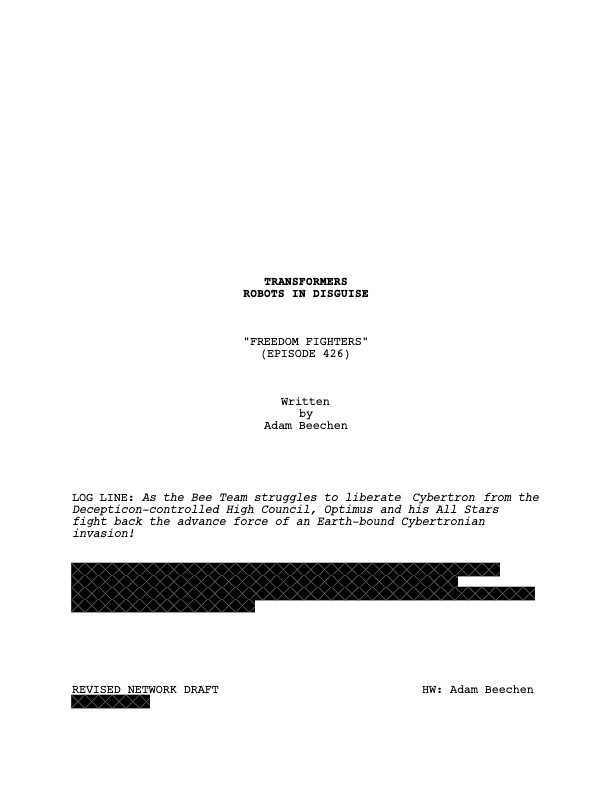
Contact Info:
- Website: adambeechen.com
- Instagram: https://www.instagram.com/adambeechen/
- Facebook: https://www.facebook.com/sonnova
- Linkedin: https://www.linkedin.com/in/adam-beechen-b6320411/
- Twitter: @sonnova


